Boost Your Sales with Our Smart Chatbot
Automate responses and engage customers instantly.
Start your 7-day free trial today!
- Quick Response
- Boost Conversion Rates
- Automate Sales Process
Best AI ChatBot for
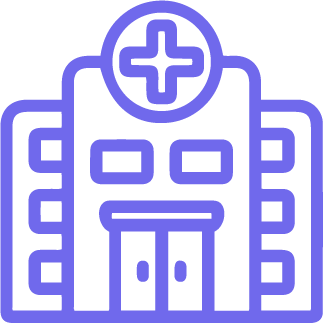
Hospitals

Pharmacies

Healthcare Providers
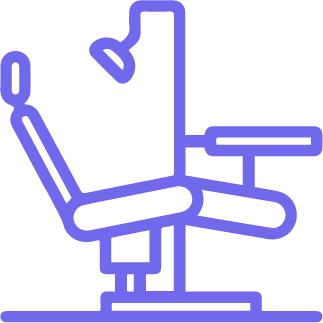
Dental Clinics
AI ChatBot for Healthcare and Medicine Transforming the Industry
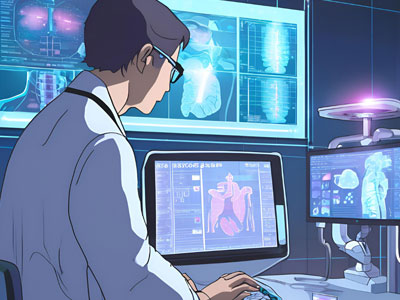 AI chatbots are revolutionizing the healthcare industry by improving patient communication, streamlining administrative tasks, and increasing overall efficiency. These intelligent assistants provide instant answers to patient questions, schedule appointments, and offer personalized health recommendations based on medical history. AI-powered chatbots can also assist with pre-diagnosis by analysing symptoms and directing patients to the appropriate care. In addition, they support healthcare providers by automating routine tasks, reducing workload and allowing medical professionals to focus on critical cases. With 24/7 availability and continuous learning capabilities, AI chatbots are transforming healthcare accessibility and patient engagement. They also improve patient education by providing reliable medical information, helping individuals make informed health decisions.
AI chatbots are revolutionizing the healthcare industry by improving patient communication, streamlining administrative tasks, and increasing overall efficiency. These intelligent assistants provide instant answers to patient questions, schedule appointments, and offer personalized health recommendations based on medical history. AI-powered chatbots can also assist with pre-diagnosis by analysing symptoms and directing patients to the appropriate care. In addition, they support healthcare providers by automating routine tasks, reducing workload and allowing medical professionals to focus on critical cases. With 24/7 availability and continuous learning capabilities, AI chatbots are transforming healthcare accessibility and patient engagement. They also improve patient education by providing reliable medical information, helping individuals make informed health decisions.
Essential Tools to Develop a Successful Medical Chatbot
AI-Powered Automation
Streamline patient interactions by automating responses and appointment scheduling.
Seamless Data Integration
Connect with EHR and CRM systems to manage patient information efficiently.
Lead Qualification
Identify and prioritize potential patients based on their inquiries and needs.
Despite its vast potential, AI implementation in medicine raises critical concerns regarding data security, patient confidentiality, and ethical considerations. Ensuring the protection of sensitive medical data is paramount as AI processes vast amounts of patient information. Additionally, a well-defined legal framework is necessary to regulate AI use in healthcare and establish clear ethical boundaries, especially in life-and-death situations. While AI opens new horizons for improving the quality and accessibility of medical services, its responsible integration requires careful legal and ethical oversight to ensure it benefits humanity while upholding patient rights.
Key Benefits of AI Chatbots in Medicine:
- Improved Patient Interaction: AI chatbots can provide instant responses to patient queries about symptoms, medications, appointment scheduling, and other concerns, improving patient engagement and satisfaction.
- Personalized Health Advice: AI chatbots analyze patient data, including medical history and symptoms, to provide tailored health advice, helping to guide patients to the right care and improving outcomes.
- 24/7 Support and Triage: AI chatbots can help triage patients by evaluating their symptoms and suggesting next steps, whether it’s a self-care measure, an urgent consultation, or directing them to the correct healthcare provider.
- Seamless Appointment Scheduling: AI-powered chatbots can automatically schedule appointments based on patient preferences, helping streamline the process and reduce administrative workloads.
Challenges of AI Chatbots in Medicine:
- Data Security: Ensuring the confidentiality and security of sensitive patient information is a critical challenge for AI systems used in healthcare, especially with chatbots that collect and store patient data.
- Ethical Considerations: It is important to define clear ethical guidelines, particularly in situations where a chatbot’s advice could influence a patient’s health decisions, or in urgent life-and-death scenarios.
- Regulatory Compliance: Chatbots in healthcare need to comply with strict medical regulations such as HIPAA (Health Insurance Portability and Accountability Act) to ensure that they protect patient rights and operate within legal boundaries.
Advantages and functionalities of Crowdy ChatBot
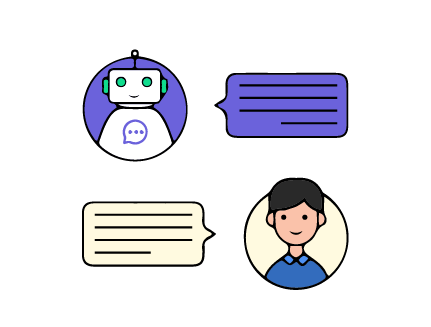
Customizable Patient Interaction
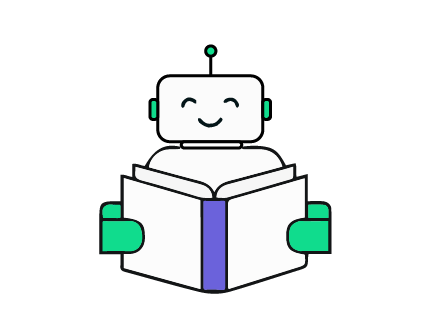
Advanced AI-Powered Responses
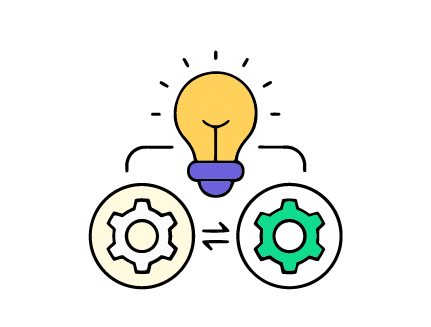
Seamless CRM Integration
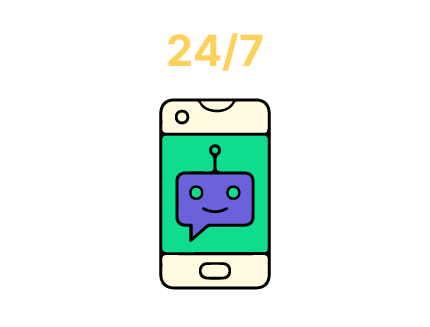
24/7 Availability

Data-Driven Insights & Analytics
Compatible Platforms










AI Chatbots Transforming Healthcare
At Crowdy.ai, we’re not just building innovative chatbot solutions — we’re building a community around smart customer engagement, automation, and the future of AI in business. As a forward-thinking company, we believe that transparency, education, and constant communication with our clients are essential to long-term success. That’s why we maintain an active online presence across platforms like YouTube, Instagram, LinkedIn, and other social media channels. Our goal is to keep you informed, inspired, and equipped to take full advantage of the latest advancements in artificial intelligence. By subscribing to our channels, you gain access to a stream of relevant, easy-to-understand content that can help you make smarter decisions, improve customer communication.


